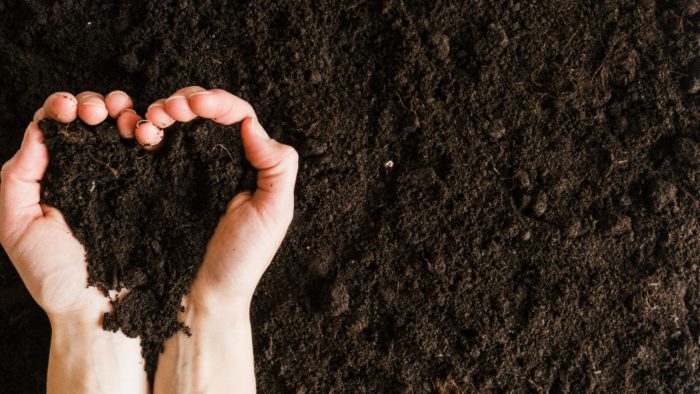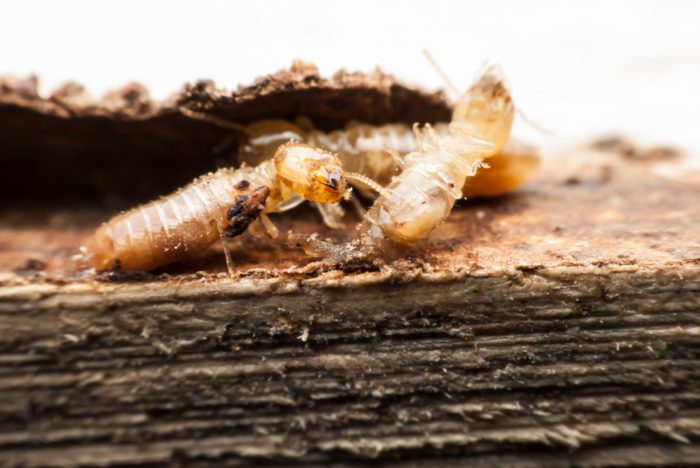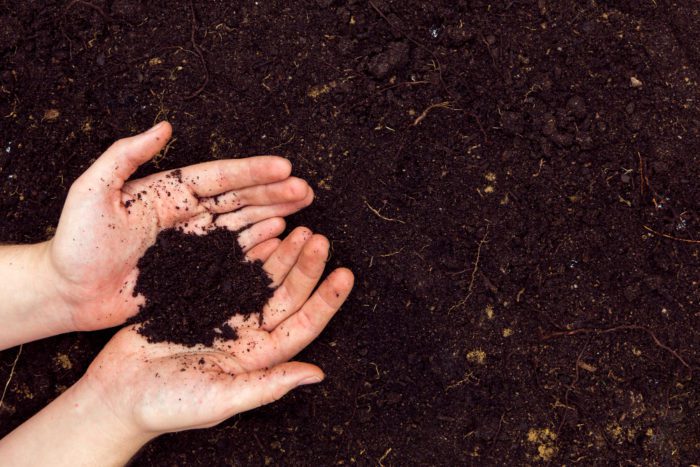Before understanding the connection between mulch and termites, it is important to talk about mulch.
Mulch is a layer of organic material applied to the surface of the soil. It is mostly made up of tree bark, wood chips, pine straw, moss, grass, or leaves.
The purpose of applying it is to increase the retention of moisture, improve fertility, and reduce the growth of weed. It also enhances the visual of the yard by adding a clean and decorative touch to it.
Now let’s talk about mulch and termites. How are they both linked?
Are termites attracted to mulch or do they get repelled by it?
And even if termites do come because of mulch then how could we prevent this?
What is the best way to apply mulch in your yard?
This article will answer all these questions starting with the relationship between mulch and termites, so read on!
Termite-Mulch Relationship

One of the reasons why mulch is used for landscaping is that it keeps the environment moist. This benefits the growth of shrubs, flowers, trees, etc.
But termites along with some other insects also love moisture. This moist environment encourages termites to come to the area by digging the tunnels.
Termites don’t feed on mulch. The presence of mulch provides suitable conditions for them to start and develop their colony. Mulch eases the survival of termites.
Many mulches attract termites while some of them repel termites. The following 2 sections will cover the list of those mulches.
Mulches That Attract Termites
Mulches that have nitrogen and phosphorus in them, or cellulose, attract the termites as these are necessary for their survival.
Having the knowledge of mulch that attracts termites will help you while choosing the right mulch for your yard.
The following are the mulches that termites prefer:
Pine Straw
It traps the moisture in the soil making the soil moist. A damp soil with pine straw mulch is the best place for termites to establish their colonies.
Termites take shelter under the layer of mulch and build their tunnels with the help of this nest. These tunnels are used for communication purposes and can even end up at your house.
Pine Bark
Termites don’t eat this mulch. It provides them with a nesting place and allows them to build their tunnels. These mulches act as a bridge between the yard and the house.
Not only termites but ants are also attracted to this mulch so there is a risk of ant invasion too along with the termite one.
Softwood Mulch
The two common softwood mulches that are used by homeowners are firewood mulch and pinewood mulch. If there is a termite infestation in your neighborhood, it is most likely that these mulches will attract termites.
Firewood chips and pinewood chips have high quantities of cellulose and moisture, which is essential for the survival of termites.
But we have to remember one thing, termites cannot depend on mulch for the longer run. If they want to multiply they need to have more significant sources of nutrition.
Mulches That Repel Termites

Since we have discussed the mulches that attract termites, now it’s time to list those mulches that will help us in avoiding termites.
The following mulches have anti-fungal properties that make them termite-resistant mulch. They show their resistance for months.
Cedar Mulch
It is the byproduct of the cedar tree. It consists of a natural chemical, thujone, that keeps termites away. It lasts for 5-7 years. It not only repels termites but also improves the quality of the soil. It helps in the growth of plants by maintaining a suitable temperature.
Cypress Heartwood
Can we use natural cypress mulch? No, we can’t as it attracts termites. This is because cypress mulch has sapwood, a component consisting of cellulose.
So it’s better to choose cypress heartwood mulch. The antifungal property keeps termites away along with some other bugs and insects. This mulch takes at least 3-4 years to break down thus providing long enough protection to your yard and house.
Melaleuca Mulch
If you are under budget and looking for an alternative to cypress and cedar mulch, then you should go for melaleuca mulch as it is an excellent alternative to both.
It comes from the melaleuca tree and lasts for 2-3 years. Before buying it we have to make sure that it is composed and doesn’t have seeds in it. Else, there may be a wild growth of melaleuca trees in your yard.
All these mulches mentioned above lack moisture and cellulose and also consist of chemicals that repel termites. Wood chips block their communication as they don’t provide them with enough space to make tunnels.
Steps for Laying Mulch

If you want the mulches that repel termites to be effective, laying should be done properly.
Here are the steps for the proper laying of mulch:
- Dig half an inch to an inch deep ditch around your yard or the places where you want to do the laying process.
- While laying around the house, it is important to keep some distance between the foundation and mulch. This will prevent termites from using mulch as a bridge to get inside your house.
- Scatter termite granules in the ditch and water them. This sinks into the soil and kills the termites present under the soil’s layer.
These granules show activity for around 6-9 months so it is almost impossible for termites to nest around your yard or house.
- And at last, fill any of the above-mentioned mulches into the ditch.
Conclusion
Though we have got an idea of mulches we should go for to avoid termites and also how to lay them but it doesn’t mean your job is done. Mulches increase the beauty of your yard but can also invite termites if an appropriate one is not used.
Also, termites can have access to your house through many other ways so it is important to take necessary precautions even after choosing the right mulch.
Inspect your yard periodically. If small infestations are present, go for natural treatments and if there are signs of larger infestation, it is better to call the pest control team.
Thanks for reading through!
